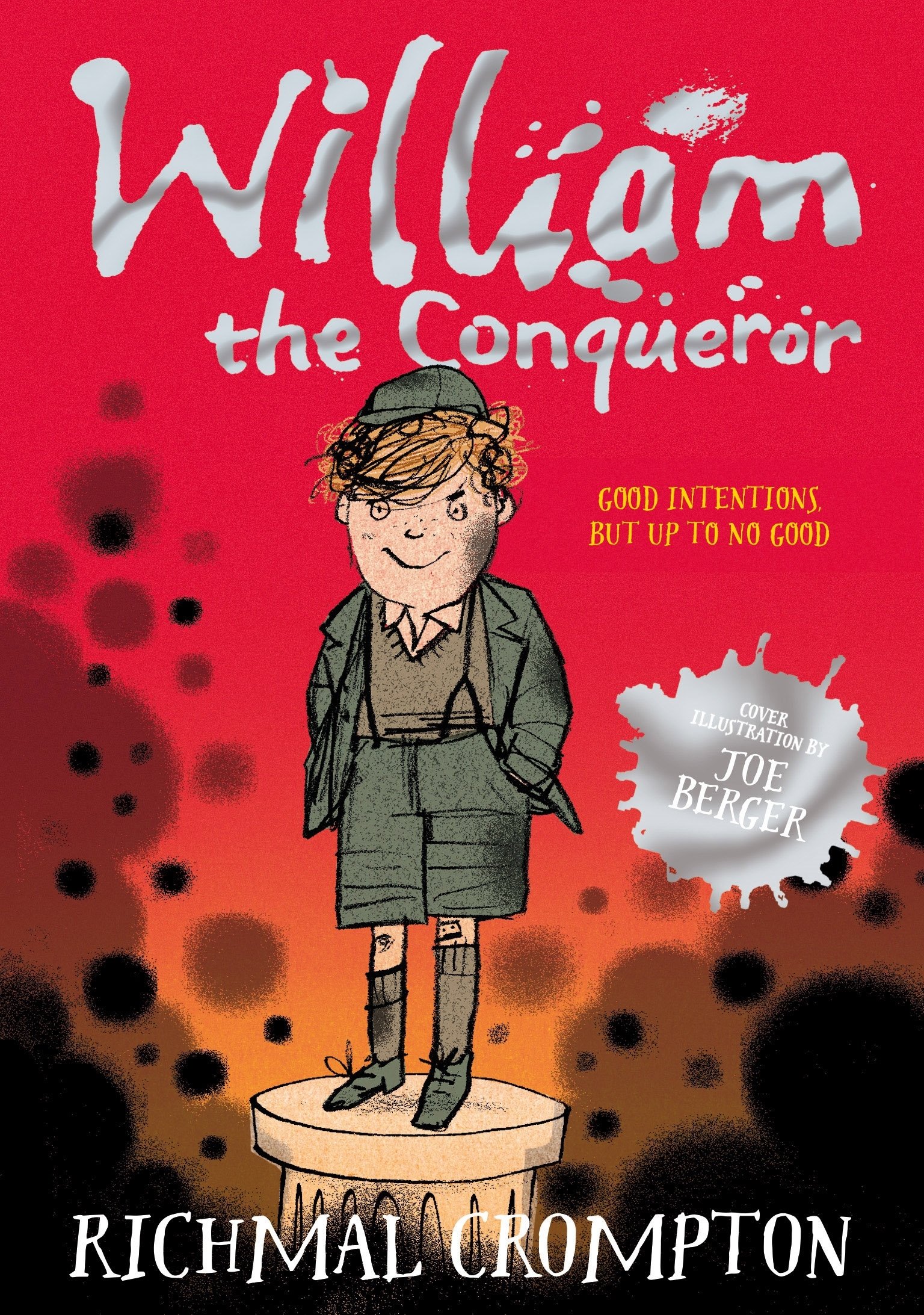

This material has been my scholarly field of expertise for twenty-five years. But it didn’t quite happen like that for me.

Most novelists have to look up things about their historical period and include them in the story. I am deeply acquainted with the literature, archaeology, and outlook of the people of the ancient church. How did your expertise in this area help you write the book? What kind of research was required? This story takes place in the realm of ancient Christianity. Will Constantine conquer by the sign of the cross and emerge victorious? Or will the ancient gods of Maxentius continue to hold the people in bondage to pagan religion? The winner will determine the future of the empire. It all comes to a climax at the famous Battle of the Milvian Bridge in AD 312. Together they work to bring down the wicked and decadent Maxentius, facing dangers and trials side by side. But upon arriving in Rome, he meets someone intriguing: a beautiful Christian girl named Flavia, a senator’s daughter. Rex is a young, powerful Germanic warrior who has joined the Roman army as a special forces operative. Constantine sends the hero of this novel ahead of him to spy on Rome. But his great enemy Maxentius is entrenched in Rome, and battle looms. Almost three hundred years after Christ and the apostles, the Emperor Constantine is a frontier general contemplating conversion to Christianity. The plot takes place in the Roman Empire during the ancient church period, though not in New Testament times. In the following interview, Bryan Litfin provides some background information for his new work, explores the relationship between history and fiction, and explains what he hopes readers will glean from his new book.Ĭan you provide a brief description of your new book, The Conqueror? He is also the author of The Conqueror, a new novel set in the Roman Empire. Bryan Litfin (PhD, University of Virginia) is an editor, theologian, historian, and novelist.


 0 kommentar(er)
0 kommentar(er)
